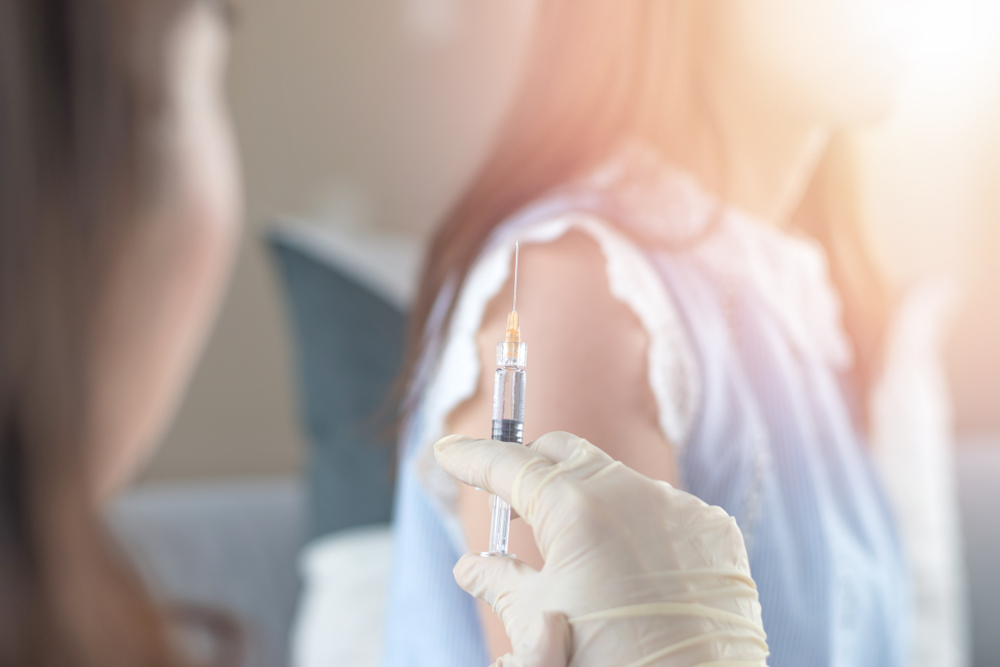Over the past few months, there has been a growing concern regarding the spread of anti-vaccine messages. So much so, the World Health Organisation (WHO) has listed ‘vaccine hesitancy’ as one of the 10 biggest threats to health worldwide.
Social media has played a huge part in broadcasting these messages. In particular, Facebook has been recognised for failing to clamp down on harmful messages discouraging parents from vaccinating their children against potentially fatal diseases.
Recent figures from the NHS revealed that immunisation rates have fallen in recent years, showing that coverage for the measles, mumps and rubella vaccine fell for the fourth year in a row in 2017-18.
By 2018, the WHO aimed to have a 95 per cent coverage for this vaccine, however, current in the UK it has only reached 91.2 per cent.
Statistics indicated that London has the lowest rate of immunisation, at 85.1 per cent while the North East region has the highest coverage, at 94.5 per cent.
Subsequently, Health Secretary, Matt Hancock has said that positive messages about the benefits of vaccinations should be promoted in a bid to stop inaccurate information being publicised.
Speaking at a parliamentary event about vaccinations and their role in fighting antimicrobial resistance, Mr Hancock said that he did not want to give any credence to the ‘anti-vaxxers’, who spread incorrect information about immunisation.
“We have to make sure communications around vaccinations are always positive and about the positive value of vaccines, rather than engage in a debate which only improves the chances of [false] claims.”
Mr Hancock added: “It’s very important that misinformation isn’t spread and the most important thing we can do is to get the scientifically-based objective evidence of the value of vaccinations out there so that people know the truth.”
As a result, Philippa Whitford MP, Chair of the All-party Parliamentary Group on Vaccines, said her committee was going to investigate vaccine hesitancy and the reasons for it.



